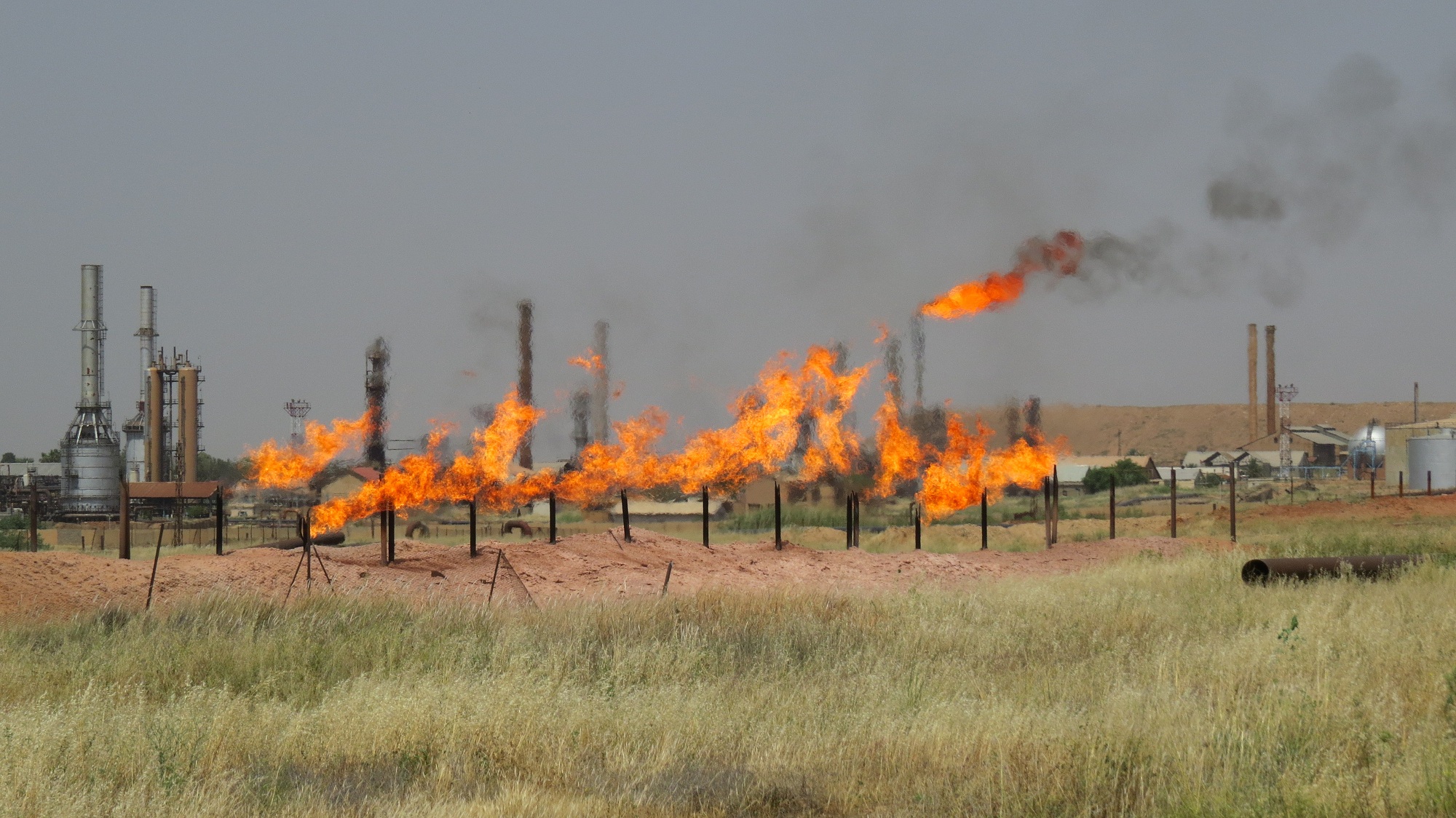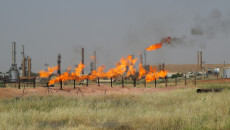The Northern oil rich city of Kirkuk has exported over three million barrels in August for 200 million American Dollars USD compared to $213 millions in July, Iraqi ministry of oil said.
Kirkuk has produced about 96,000 barrels a day, total 3,004,309 barrels in August, a slight decline compared 3,012,435 in July.
The five oil fields of Kirkuk hit peak of its production in February when it has pumped 3,8 million barrels for $213M, the highest production capacity in 2021.
Early 2020, Kirkuk was exporting only 1,1 million barrels exported to the Turkish Mediterranean port of Ceyhan by a pipeline crossing Iraqi Kurdistan.
Iraq oil exports have soared up to 94,660,239 barrels in August while in July 90,467,794 barrels were exported, making over $6.5 billion revenues in July and August each. Prices for Kirkuk oil has dropped from $70.6 in July to $66.6 August while Basra oil is sold for $96 per barrel.
Kirkuk, Iraq’s second largest reserves, located 238 kilometers north of Baghdad, is an ethnically mixed province for 1,2 million Kurds, Arabs, and Turkmens. It has long been at the center of disputes between Baghdad and the Erbil.
Oil exports from the five major oil fields in Kirkuk stopped from July 2017 to first quarter of 2019 due to a standoff between the Iraqi government and Kurdistan regional government KRG.
As Iraqi forces took over power in Kirkuk in October 2017, the federal government has controlled the five oil fields of Kirkuk: Havana, Bai Hassan, Khabaza, Jambor and Qubai Baba, managed by the state-run North Oil Company.
Despite escalation of offensives by regrouping remnants of the militants of Islamic State in Iraq and Syria ISIS against Iraqi security forces, civilians and infrastructure projects including oil wells, oil production remained unaffected.
Oil revenues has earned $33 billion for Iraq in the first half of 2021. China was the main client of Iraq oil including $4,8 billion of Kurdistan region, said the State Oil Marketing Organization SOMO.
Lately, the Organization for Petroleum Exporting Countries (OPEC) has eased production limits for Iraq and other countries. Iraq backs a proposal by OPEC and its allies to extend a pact on output curbs until December 2022 in order to keep oil prices at $70 per barrel or above until then.
Iraq's economy heavily relies on the exports of crude oil which makes over 95% of the country's total revenues.






